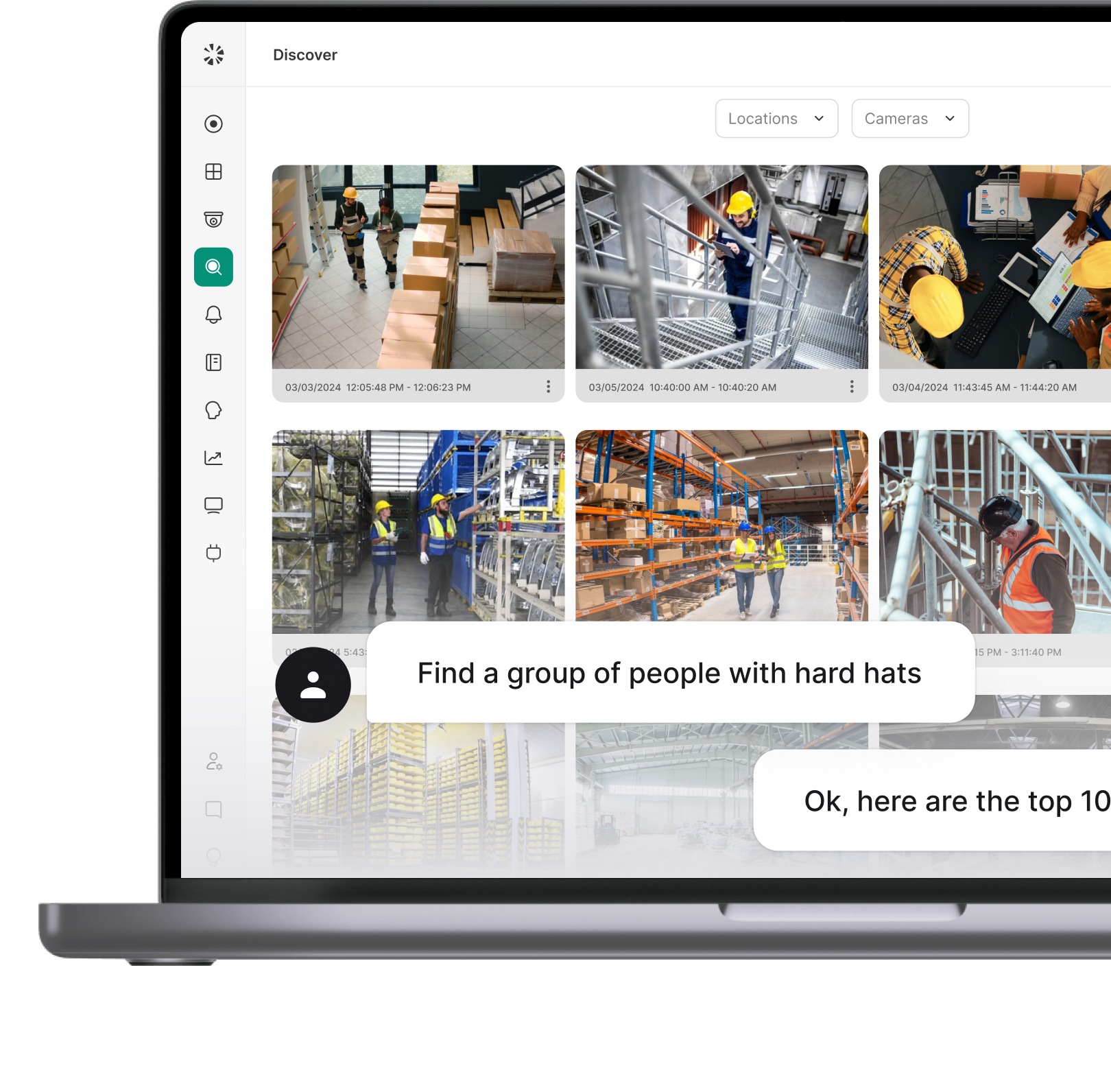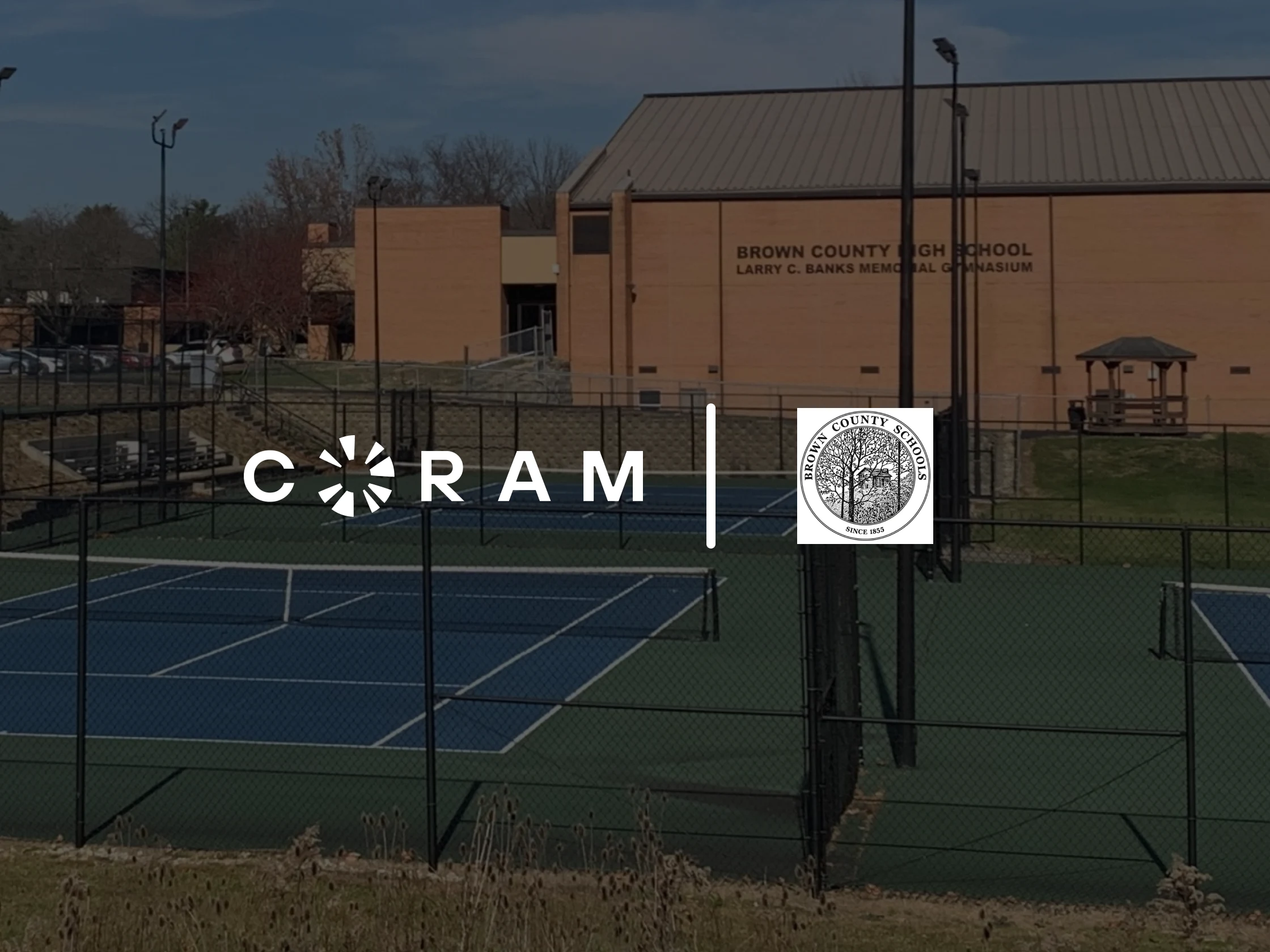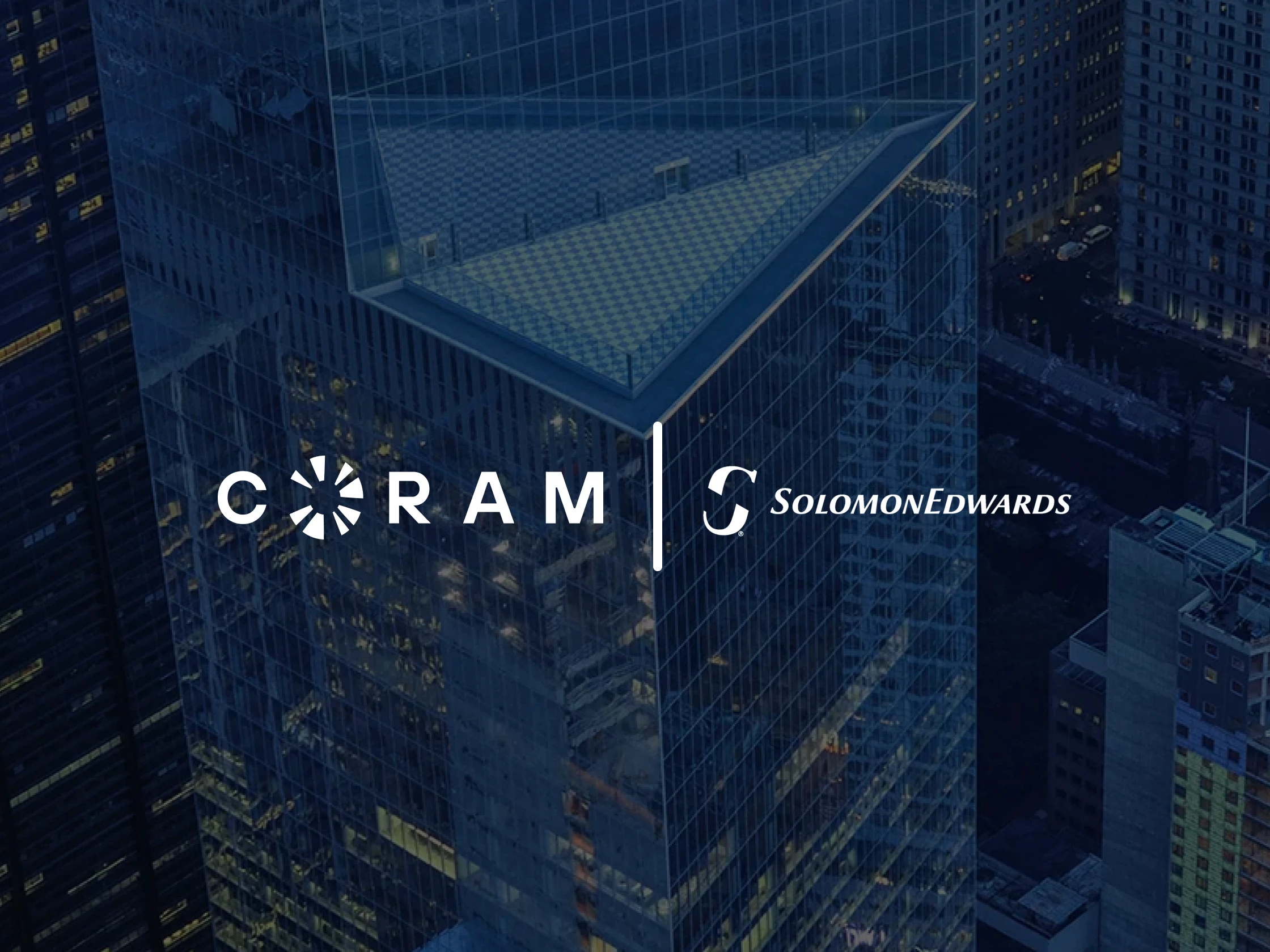A security system is an investment in asset protection, employee safety, and regulatory compliance. It should be efficient, scalable, and integrate with your current operations, not one that's overly complex, or worse, leaves you with blind spots.
Unfortunately, most of the security solutions claim to cover all these bases but fail to deliver them. Poor integration with existing infrastructure, limited scalability, and gaps in user support – all of these add unnecessary risk to your setup, which can complicate your security management systems.
So, how do you make the right choice? That's what this article covers in-depth to help you choose the best commercial security system for your business. You will learn about the types of commercial security systems, key features, integration options, factors to consider, and best tips to follow.
How to Pick the Best Commercial Security System?
Selecting the right commercial security system for your business can be stressful if you don't know the criteria to consider the best options. Here are a few critical aspects to take care of:
Protection Against Theft and Vandalism
Commercial spaces are often prime targets for theft and vandalism especially during off-hours. To address this, you need office building security solutions that can monitor areas like entrances, exits, and parking lots around the clock.
Apart from recording, the commercial security system you choose must also be able to send real-time alerts to notify you or your security team the moment a suspicious activity is detected.
Strengthening Internal Security
Internal security is often overlooked yet it's just as important as protecting against external threats. Unauthorized access to restricted areas internal theft and data security issues can all affect a business's operation and reputation. An access control system can easily address these issues by limiting access and keeping a record of entries and exits.
Scalability
Your needs will change as your business grows, which is why it is important to choose a system that can easily adjust and adapt over time. Choosing a scalable system also saves you from costly upgrades and lets you add only what you need and when you need it.
So, by investing in a system that adapts to both your immediate needs and future growth, you create a security setup that stays effective as your business grows over time.
Coram caters to all these requirements as it is designed to adapt effortlessly to commercial security needs, especially for businesses that need a comprehensive security solution. It supports any IP camera, making it easy to expand from a single site to thousands. This improves security with AI-driven features like real-time alerts, license plate recognition, and facial detection capabilities.
These features enable instant identification and tracking, making monitoring efficient and proactive for businesses of all sizes. The benefits also include:
- Enhanced analytics - Access powerful search tools to find specific moments in footage.
- Cloud and mobile access - Get 24/7 mobile accident storage to monitor and share videos securely.
- Easy integration - Streamlined plug-and-play setup compatible with your existing IP cameras.
- Scalability - Seamlessly grow your security system as business sites expand, with support for multiple locations.
Coram’s user-friendly dashboard brings together all these functionalities, making it an ideal commercial security system for your business.
{{cta-component}}
Types of Commercial Security Systems
While evaluating the options for the best security system for business, understanding the different types of commercial security systems can help determine which one offers relevant functionalities. Here are 5 main types you need to know:
- Video Surveillance Systems
Video surveillance systems work by continuously providing you with the real-time feed of the monitor area to help you oversee activities both on and off-site. Traditionally, these systems included CCTV cameras that capture and record footage that you can review later. However, modern video systems come with features like advanced integrations, video analytics, facial recognition, and movement tracking.
- Access Control Systems
Access control systems work by restricting entry and exit with credentials such as key cards, PIN codes, or biometrics to reduce the risk of theft, espionage, and data breaches. These systems can help investigate incidents or track employee movements, especially in sensitive environments like data centers where only certain personnel should have access.
- Intrusion Detection Systems
Intrusion detection systems identify unauthorized entry and alert security authorities immediately. They typically include sensors that trigger alarms while advanced intrusion detection systems incorporate motion sensors that help in detecting forced entry attempts. When integrated with audio and video verification, these systems can validate alarms to reduce false alerts for faster response times during emergencies.
- Fire and Environmental Safety Systems
Environmental and fire safety systems protect both personal and property damage from natural hazards. Fire detection systems monitor for smoke or heat and trigger alarms if they detect potential fire.
For companies operating in sectors like manufacturing or warehousing, these multi-threat detection systems can easily ensure that every potential danger is detected and handled early.
- Weapon Detection System
These detection systems are designed to prevent violent incidents by identifying and intercepting weapons before they enter a business environment. When a weapon is detected, the system can immediately alert your security teams to lock down affected areas and trigger nearby cameras to focus on the detected threat.
Security System Integrations for Commercial Buildings and Businesses
An integrated security system brings together all components into one integrated platform. With this approach, you can monitor every corner of the building with a unified real-time view. Here are a few options to consider:
- Smart Locks
Smart locks help control door access remotely while giving customizable access for employees or visitors through mobile apps or dashboards. Integrating these tools with security systems gives you more flexibility while removing the need for a physical key, which is a quick solution for high-traffic environments.
- Entry Management System
An entry management system monitors the flow of visitors in commercial spaces like buildings and offices. It manages the registration verification and tracking of all visitors with digital sign-ins, badge issues, and pre-registration to keep the entry process smooth and secure. This system is especially helpful in high-traffic locations that need clear visibility on all entries and exits to manage who has access and is present on-site at any given time
- Visitor Management and Occupancy Tracking
Visitor management systems help businesses streamline guest registration, improve security, and maintain accurate visitor logs for auditing. Occupancy tracking complements this by monitoring the real-time presence of people across different zones. With these integrations, you can get centralized insights, helping to create a safe and more organized workplace.
- Video Security
Video security integration is necessary for continuous monitoring of critical areas to enable detection and response to incidents proactively. When integrated with access control, they can capture activity related to specific access events, which can help provide visual verification and support investigation. This comprehensive approach strengthens security while providing actionable data to improve spatial management and operational efficiency.
What Does a Business Security System Need?
Every business security system needs several components to function optimally. These include:
Surveillance Cameras
Cameras work as the backbone of most security setups to provide continuous monitoring as they capture activities on business premises. You can capture and view clear footage with high-definition cameras to identify unauthorized access, theft, or any other suspicious activities. Many modern systems like Coram also support remote access, which lets you monitor the premises from a mobile device or computer, improving security even when off-site.
Perimeter Access Solutions
Perimeter access solutions work as the first line of defense against unauthorized access in any commercial space. It includes barriers, fencing surveillance cameras, and perimeter detection systems that monitor and control who or what enters the business property. This ensures that only authorized individuals can approach restricted areas, helping to maintain tight security.
Alarm and Intrusion Detection
Alarms and intrusion detection notify you and local authorities in case of a break-in. These systems use sensors on doors, windows, and other vulnerable entry points and activate an alarm if someone tampers with it. You can access immediate alerts via mobile notifications to respond quickly in case of suspicious incidents.
Environmental and Fire Safety Alarms
Fire and environmental safety alarms are necessary to protect not only physical assets but also employees. Smoke and heat detectors can trigger alarms to warn about potential fires while environmental sensors monitor factors like air quality or gas leaks.
Mostly, these can be integrated with the broader security system to ensure prompt alerts and responses, possibly saving lives and reducing property damage to a great extent.
Cybersecurity Systems
Cyber security systems protect your digital assets from online attacks that can result in the loss of critical data or major disruptions in day-to-day operations. These systems usually include firewalls, anti-virus software, and intrusion detection systems that all work together to keep your network safe.
They act as a barrier between your internal network and potential external thread while intrusion detection systems monitor network traffic to identify suspicious activities and alert you in case of potential breaches.
Factors to Consider Before Making a Decision
Choosing the right commercial security system for your business is a critical decision that can significantly impact your experience. Hence, it's necessary to consider several factors that can help you determine the right fit for your use cases. Here are a few to begin with:
Number of Cameras
The number of cameras you need depends on your facility’s layout and the areas you want to monitor. Busy spots like entrances, exits, or loading docks are often a priority since they see the most traffic and potential risks. For larger spaces, a wide-angle camera can help in covering more ground while smaller spaces might do well with just a few strategically placed cameras.
Business Size and Layout
The size and layout of your business can make a big difference in the type of security system you need. A single-story retail shop might only need basic coverage while a multi-story office with separate departments may call for more comprehensive monitoring. Each business setup has its own use cases, which is why you need to be mindful while selecting the right office building surveillance security solution.
Budget
Your budget can significantly influence the features and quality you can afford in a security system. High-level systems come with advanced perks like smart analytics and integration with other security tools, which might be the right investment if you have long-term growth in mind. If funds are tight, it is advisable to start with essentials and then gradually expand.
Compliance Requirements
For businesses in industries like healthcare and finance, meeting specific security and privacy regulations is non-negotiable. Depending on the industry you belong to, you might need security systems that offer data encryption, video storage capabilities, or role-based access.
Complying with these requirements can help protect your customers and build trust in your business. So, before finalizing a system, check if it aligns with any industry standard you need to follow.
Customization and Flexibility
The ability to customize your security system is necessary to meet your business’s unique needs. Some companies need flexible setups to scale as they grow while others mainly require specialized features like facial recognition or weapon detection to manage high-security areas. In these cases, customizable systems can make it easier to get a setup that fits your current needs and can easily adapt without costly replacements in case you need to scale.
Customer Support
Reliable customer support can be a deciding factor if you need help configuring your system. Many commercial security companies offer technical assistance, including basic troubleshooting and on-site support for more complex setups. So, before making a purchase consider the level of support offered and whether it includes 24/7 availability of service level agreements for timely responses.
Maintenance
Every security system needs some level of maintenance to ensure it operates smoothly. Camera, sensors, and software – they all need regular updates and inspections to prevent technical issues. So, check whether the provider offers maintenance plans or on-demand repair services to help you keep the system in optimal condition and avoid unexpected costs.
{{cta-component}}
Commercial Security System Installation Tips
Following best practices for commercial security system installation ensures that it supports your business's needs. Here are a few tips to help you get started:
- Pre-Installation Assessment
A comprehensive assessment includes evaluating your business layout to identify vulnerable areas that may need extra monitoring. This can help in pinpointing gaps that need to be addressed and developing a clear plan that aligns security measures with your business-specific needs to minimize any risks.
- Choose the Right Installer and Understand the Installation Process
A skilled and experienced installer offers consultations to help you understand your unique security requirements and the available options for placement and configuration. Certified installers bring industry-standard practices to the job and ensure that components are set up for maximum coverage and efficiency. They handle wiring, calibrate equipment like sensors, and connect your system to any existing networks to ensure more installation and reliable aftercare.
- System Configuration
Once the hardware is installed, system configuration makes it functional for daily operations by setting access, and permissions and customizing notification settings to send alerts. Configuring the system also includes syncing all components such as control with video surveillance to streamline monitoring and enable quick responses. So, it's always better to configure the system to minimize false alarms and ensure it performs to its full potential from day one.
- Employee Training
A security system is only as strong as the people using it, so training employees is always a good option. They must be instructed on how to operate functions like access control responding to alarms and using any emergency features when needed.
Organizing regular refresher sessions on these activities can ensure that everyone stays comfortable with the tools that keep them and their business safe.
- Ongoing Maintenance
Regular maintenance keeps the system running smoothly and can even extend its lifespan. This includes checking cameras for clear visuals and updating software to patch any vulnerabilities.
However, it can also go a long way in identifying any minor issues before they turn into bigger threats. Maintenance also covers cleaning and adjusting equipment, particularly in outdoor or high-traffic areas where dirt or misalignment can affect performance.
- Long-Term Security Effectiveness
Security needs can evolve as your business grows or as new risks emerge, so it's wise to regularly reassess and update your system. This might include adding cameras, expanding access control, or upgrading to newer technologies with advanced analytics.
Regularly reviewing these keeps your system updated with the latest security standards and addresses any new vulnerabilities that may arise with time. So, invest in a stable system from the start so that you can implement these updates and maintain robust protection in the long term.
Conclusion
Installing a commercial security system is an investment that gives you peace of mind as it safeguards your business's valuable assets. But when it comes to ensuring its effectiveness, it's necessary to adopt a holistic approach. Here’s an overview to sum it up:
- A commercial security system should protect against theft and vandalism while strengthening internal security and supporting scalability in the long run.
- While deciding, understand the different types of commercial security systems to choose the one that best fits your business needs.
- Security system integrations with the right access control systems can give you significant leverage in terms of flexibility and effectiveness.
- Consider factors like the number of cameras, business layout & size, budget, etc to choose the best business security system.
- Follow best practices to keep your business security solutions effective in the long run.
Ultimately, it all comes down to your unique requirements and expectations when it comes to choosing the right commercial security system for your business. So, make sure to consider all aspects to make an informed decision.





%20(1).png)








.webp)
